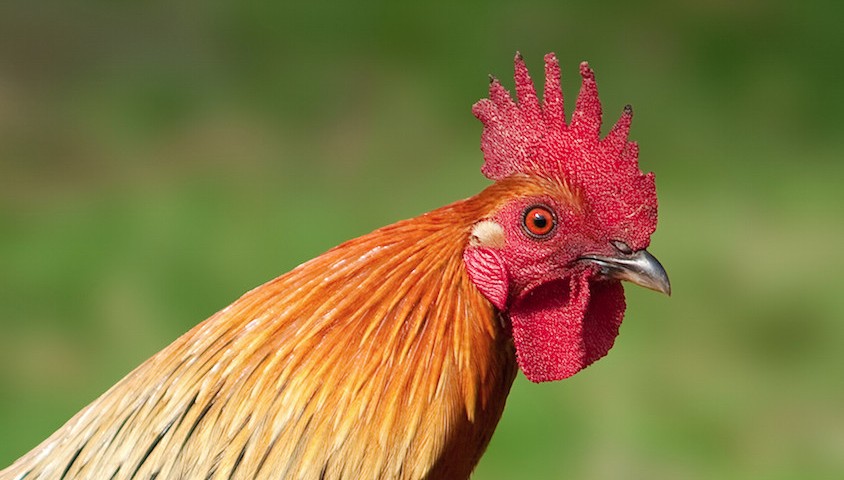“Cock a doodle doo!” – an inaccurate approximation used to describe the racket that roosters traditionally use to greet the day. For anyone who hasn’t heard this sound before, reading ‘cock a doodle doo’ gives the impression of a much more whimsical bird call.
I have become much more familiar with the actual noise, having worked and slept close near chickens on many farms and rural properties over the years. This is the reason that I did not at first register the irregular of the sound in this irregular setting: a free camping ground set in pine forest and bushland in Western Australia. The site is a charming place called Grimwade, close to the town of Balingup in the southwest of WA, where an old (perhaps 1970s?) logging community once existed. It is a pleasantly overgrown mix of bitumen and dirt roads dotted with the decaying remnants of occupation. My imagination easily superimposed a picture of what the little settlement might have once looked like.

The mixed flora of Grimwade Settlement gives the impression of overgrown beauty as the native vegetation seeks to supplant intruders. Photo: Ian Reece.
Who knows what the roosters now inhabiting this site might have thought of its endearing history? My guess is they were perhaps more concerned with surviving in what I considered to be the very hostile territory they had somehow come to find themselves in. Here there were foxes, raptors and even myself representing a significant threat to their existence.
I have to admit that I toyed with the idea of trying to catch one of these walking meals. I have two dogs that travel with me and on the farms where I have worked dead roosters have been offered to me now and again as a treat for my two companions. This explains why, seeing them at Grimwade, even out of context, my mind reflexively harked back to those past memories of rooster kind, subconsciously condemning them to their born fate. Roosters’ lives are not envied, unless they are that literal one-in-a-hundred specimen favoured to be the one-and-only mate for twenty lucky hens. Coq au vin for the rest.
This nicely brings me to the conclusion I had as to why they were now roaming freely in this harsh country side. My mind called back to a memory the day before of a car travelling by as I walked my dogs. The car itself was out of place in an area usually infested with utes, four-wheel drives and campervans. A not-unfriendly woman waved a greeting, nice enough, although somehow I sensed a touch of worry or concern – or guilt. Speculation caused me to assume it may have been her who had unceremoniously dumped this odd brood into this odd place. Don’t get me wrong, congratulations are in order. Would I as a judge put the same sentence on a caring abandoner as I would an economical killer? Of course not, though you have to wonder if this is just opting out of the actual physical involvement in their death; a time-delayed, slow-release option to allay any niggling guilt, and to suggest it was ‘not me, but nature’ that provided the final blow.
Speculation, we meet again. But speculate no more because these roosters are alive and well. Prepared by nature to survive not because they can or should, but simply because they were alive and therefore had the option. Instinct would have to do the rest.
My dogs decided to test this hypothesis by chasing the bewildered roosters – this being their usual manner of greeting for their fellow animals. They were quickly thwarted in their attempt by a lacklustre jump to a dead branch just out of reach of their inquisitive snouts. Hardly a sophisticated defense, but move showcased their knack for survival and proved that the ‘wild’ is not the instant death sentence we sometimes assume it to be. Expensive boots and a pocket knife do not maketh the ultimate survivor, only a reaction is needed, simple and swift.
Clucking happily the birds took off on a short, but nevertheless impressive flight, far enough away to leave the dogs disinterested and humbled. Those roosters seemed quite capable and at home, begging a question about how their less-fortunate brethren feel being cooped up in a cage.
I am now a regular of the campsite at Grimwade, having stayed there on and off for a few months. Happily, (albeit annoyingly) the roosters’ far off calls and nearby responses are still being heard in the area. The familiar sound has become less startling and much more a part of the ambience. It amuses me to think of the many children, having returned from their camping trip, who will be adamant in telling their teachers that the crowing rooster is as native as the emu or grey kangaroo.
Long live the Great Australian Cockerel!
It’s been a little while since I stopped in at Grimwade, but I’m sure to pass by there soon. Despite the best efforts of local foxes or visitors’ dogs, I suspect those combed and wattled bushrangers will still be there, thriving and breaking new ground, ignoring old customs and expectations and choosing not to read the rules that society handed them; the moments of their lives now lived only as they come.
I recommend you pass by there some time to cheer them on and say hello. Remember to bring camping gear and supplies with you. And if you happen to be a light sleeper, maybe pack some earplugs too.



